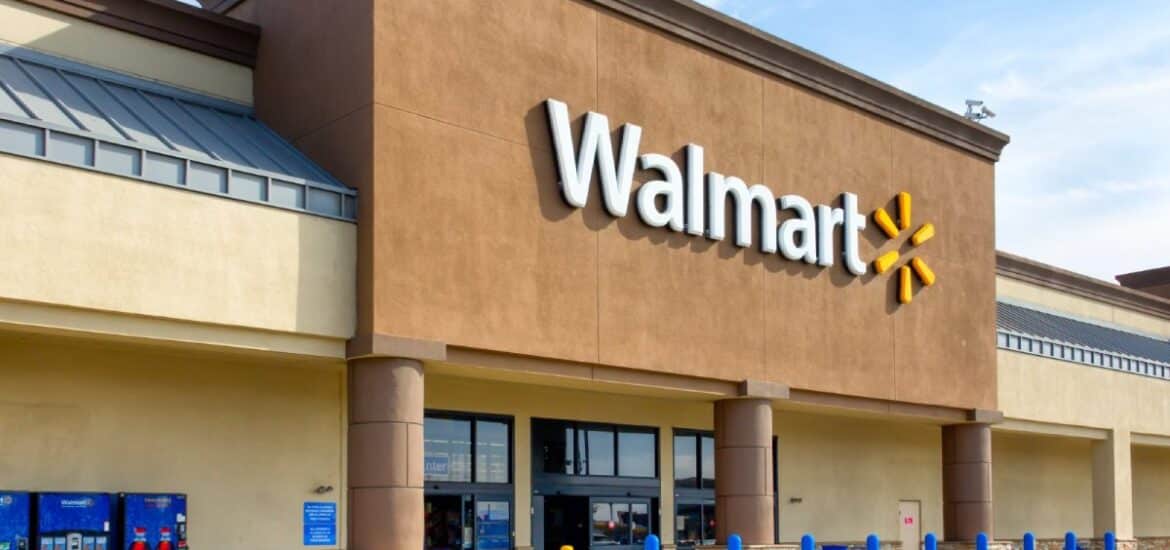If you’re one of the hundreds of millions who shop at Walmart every week, you may be entitled to a rather large chunk of money following the results of a $45 million class-action settlement. Here are the details.
Walmart’s $45 Million Settlement
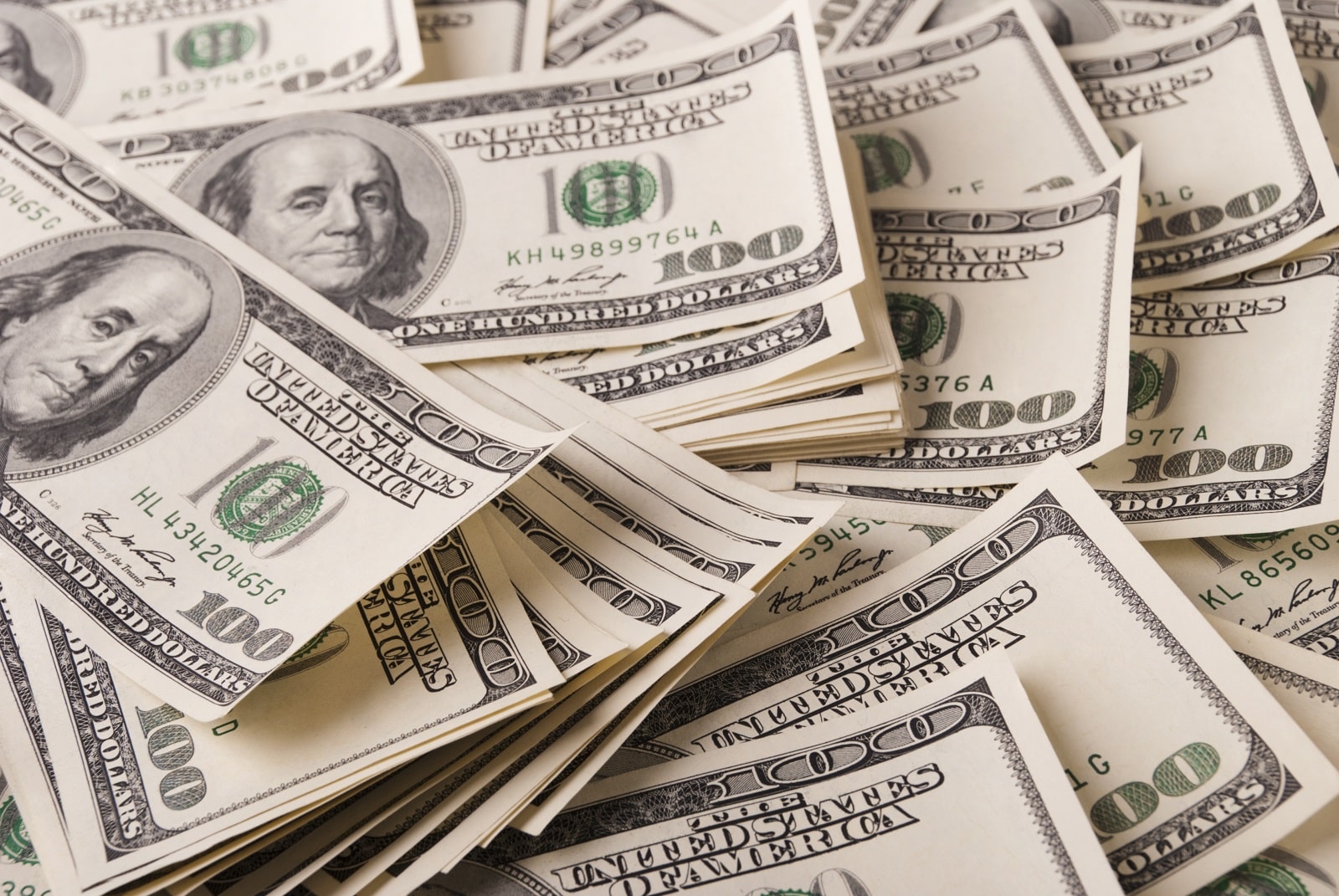
Any Walmart customers who bought certain types of food from any of their 10,000 stores might be entitled to up to $500 as part of a settlement by the shopping giant.
Deadline for Filing Claims Approaches

Any shoppers who think they might be in with a win have two months left to file a claim in the suit, which alleges that Walmart overcharged customers by “falsely inflating product weight” on a number of items.
Potential Payouts
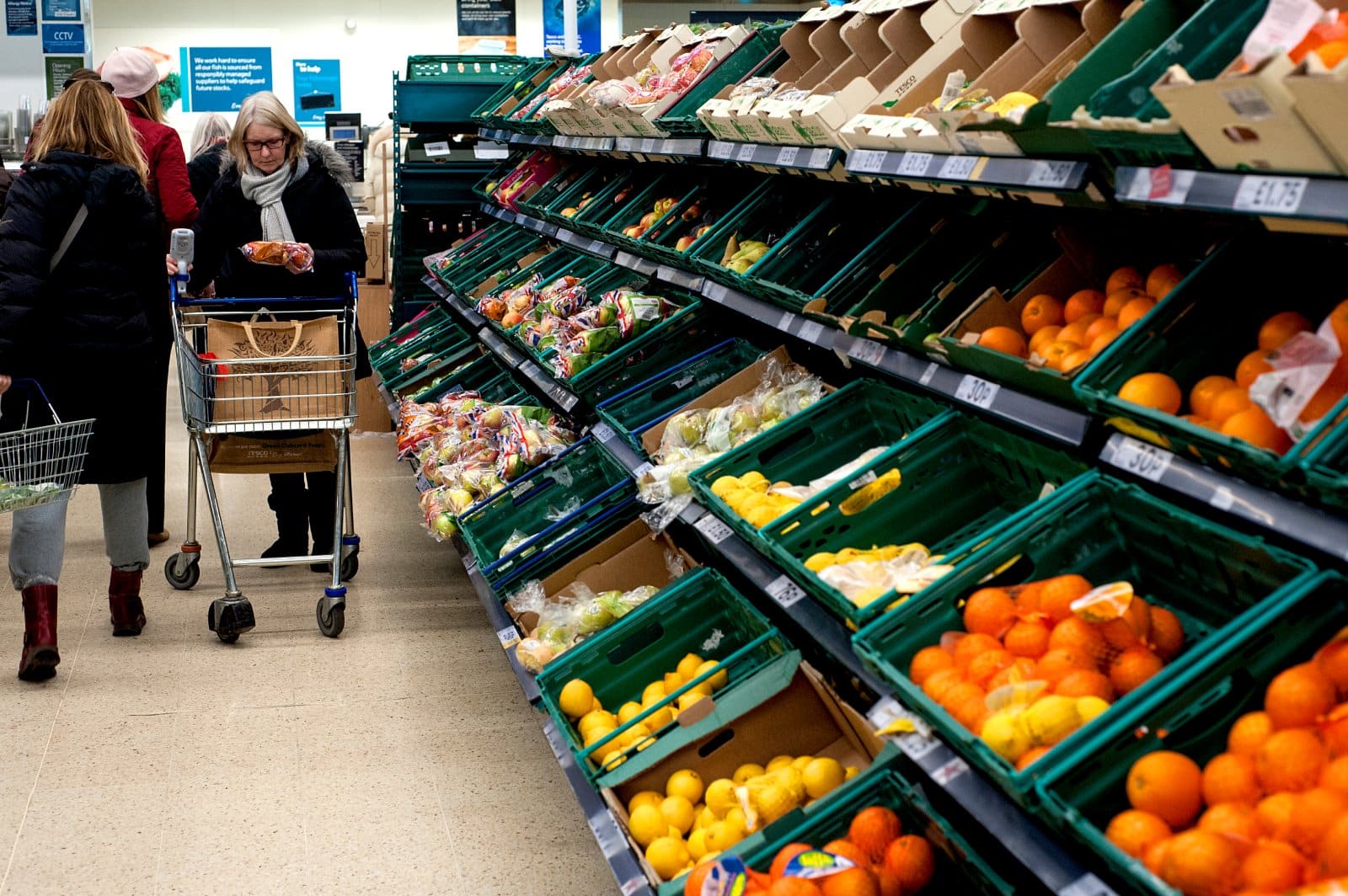
Any customers who bought bagged produce like citrus fruits, seafoods or meat – also known as “weighted goods” – at a Walmart in the U.S. or Puerto Rico from October 19th 2018, to January 19th 2024 could be on the way to receiving a cash payout.
Allegations Against Walmart

The lawsuit against the retail chain was filed in 2022 and alleges that Walmart took part in “deceptive conduct” to trick customers into paying more than advertised for weighted goods and goods sold under “rollback” – essentially their discount items.
Understanding the Lawsuit

“Walmart utilizes Price Stickers to advertise to Customers the Sold-by-Weight Products’ unit price,” the court filing explains.
How Customers Were Misled

“It is reasonable and expected for Plaintiff and Customers to rely on, and reasonable to expect that they will pay, the lowest advertised price on a Price Sticker and/or Rollback sticker” however “at the register, when the Customer checks-out, Walmart’s Point of Sale system deceptively, systemically and artificially increases the weight of the product at checkout, resulting in the Customer paying an inflated price.”
Weighted Goods Scandal
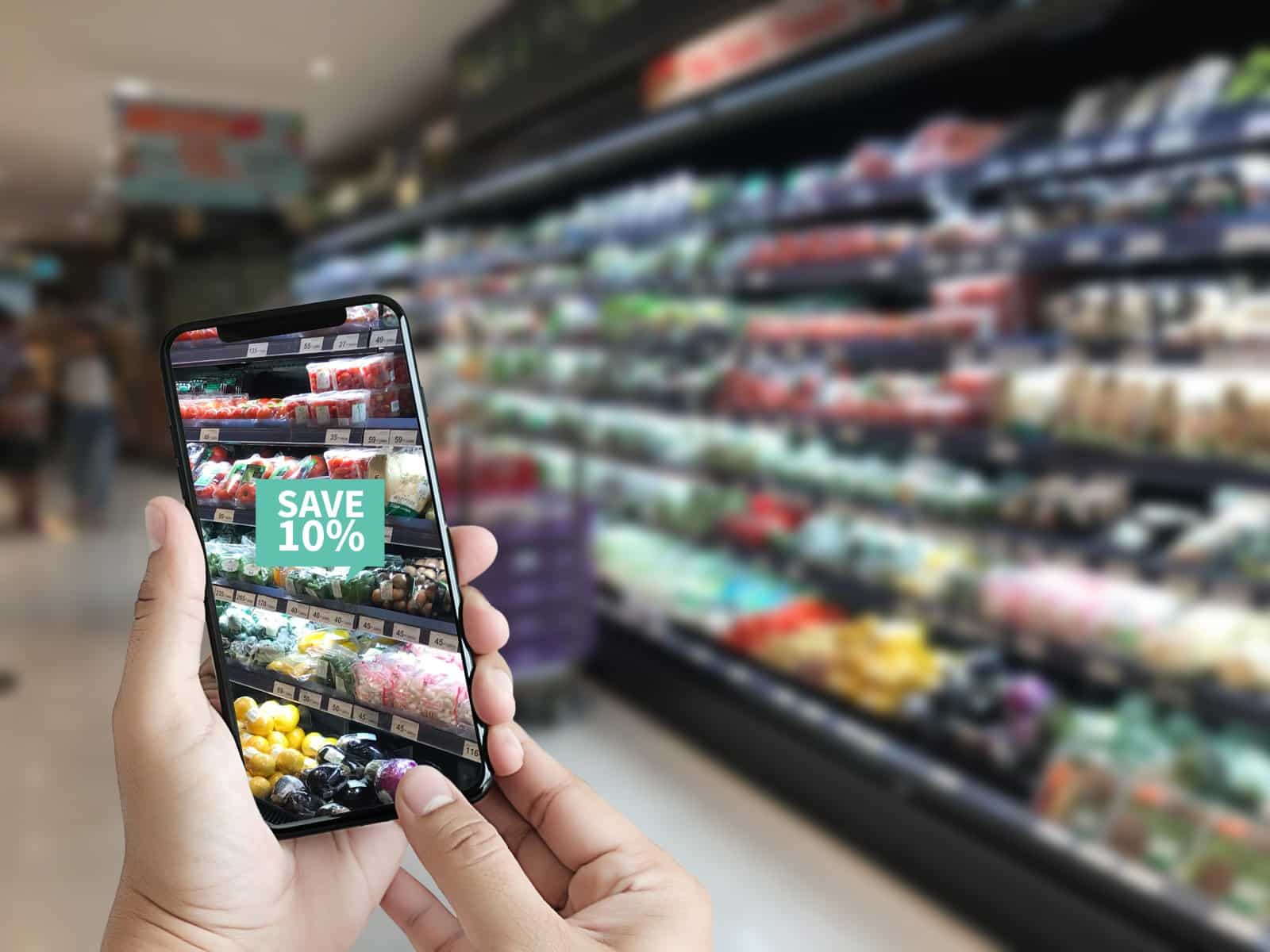
So instead of purchasing a product at a reduction, customers were misled and ended up paying an inflated price.
Bagged Produce and Rollback Items
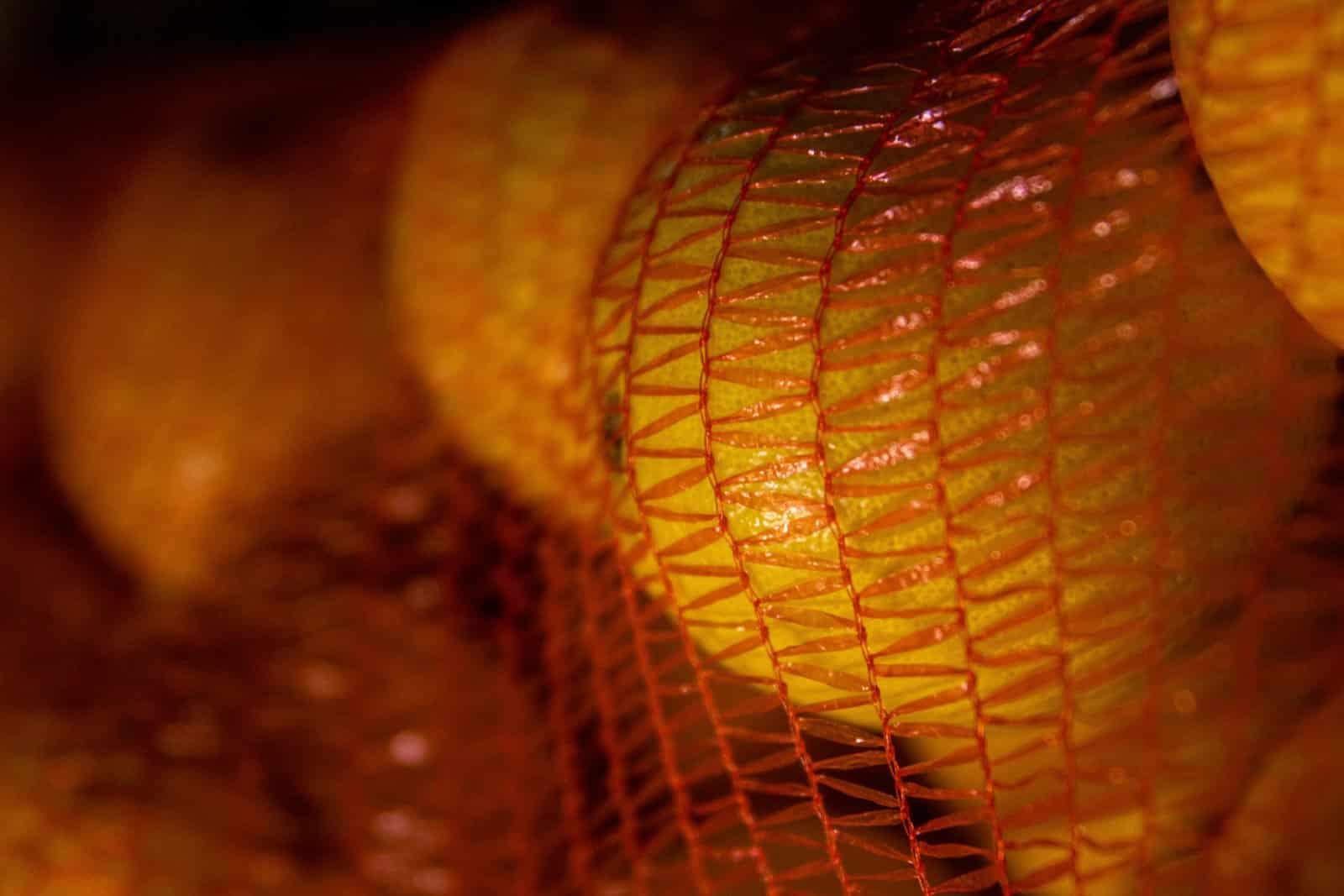
The court filing also accused Walmart of two more things: firstly, mislabeling the weight of bagged produce, such as organic oranges, grapefruit, tangerines, and navel oranges – the type you see sold in bulk in mesh or plastic bags.
Paying More Than Advertised
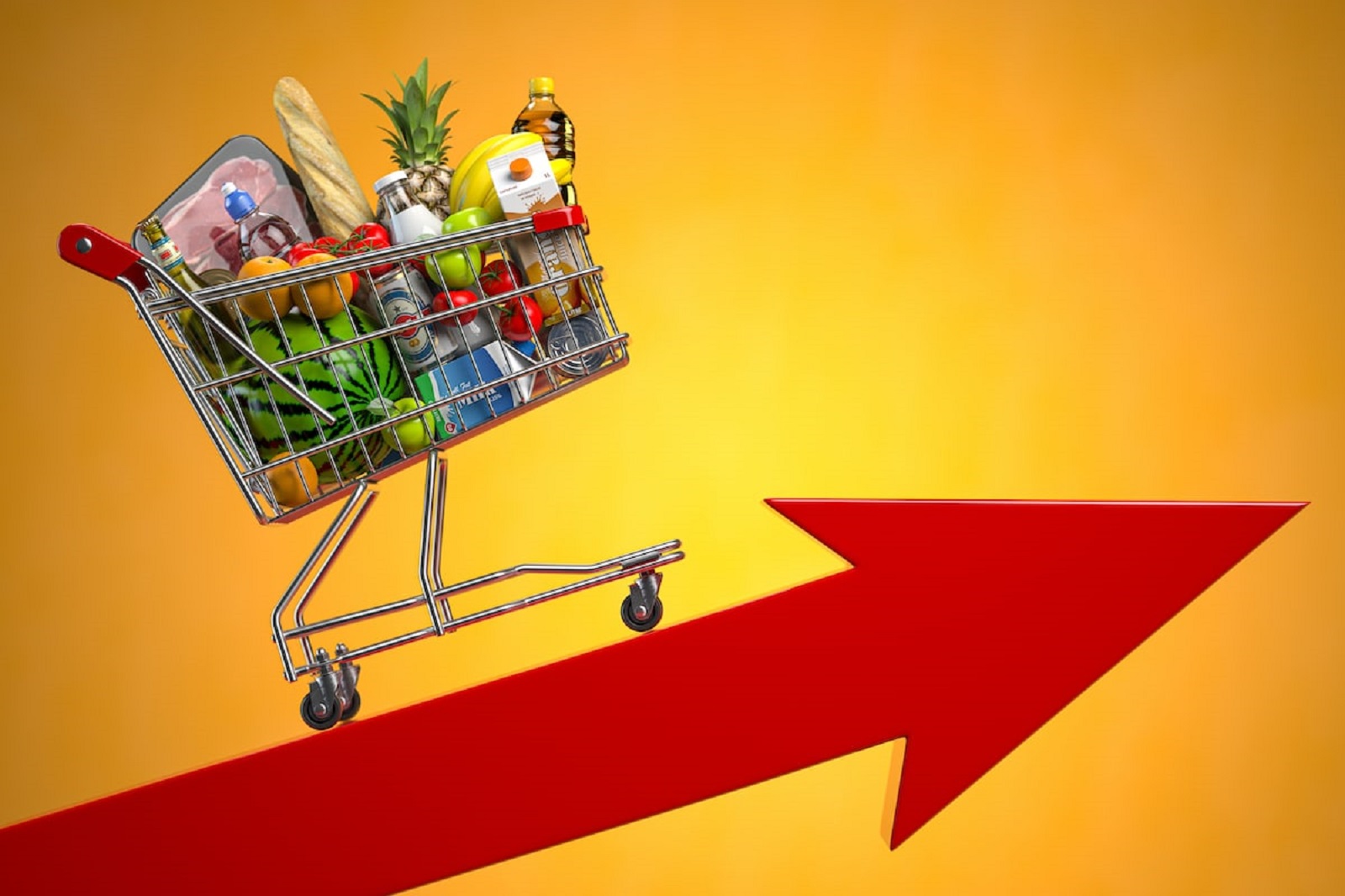
The price stickers on these products allegedly falsely represent a higher weight than what is actually in the bags, leading customers to pay more per ounce than advertised.
Yellow Sticker Clearance
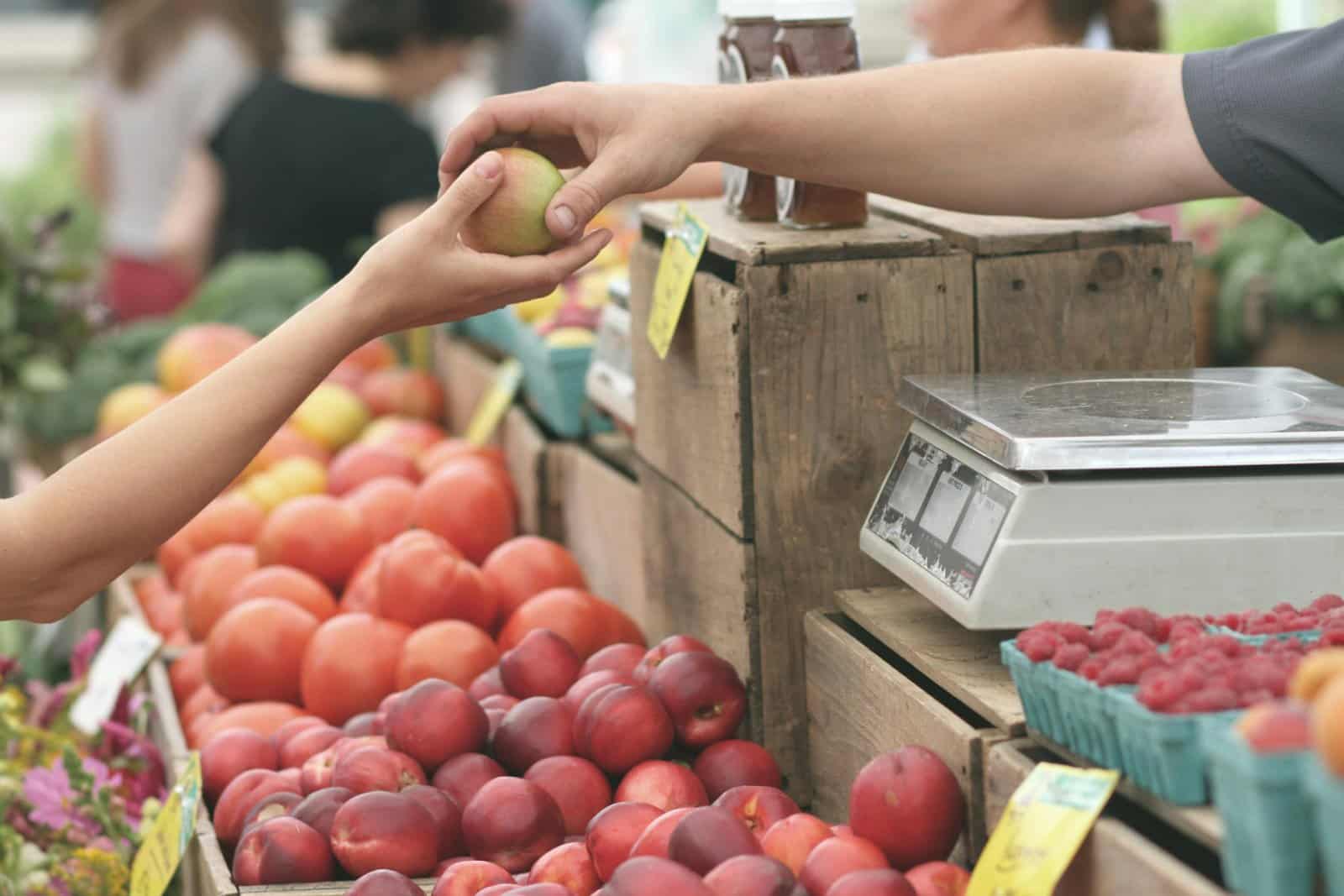
Secondly, it takes aim at Walmart’s yellow sticker clearance products. These yellow stickers are for items close to expiry or put on sale due to overstock and show the date of the price reduction, the advertised price per pound/ounce, the amount saved, and the “You Pay!” price.
The Pricing Didn’t Add Up
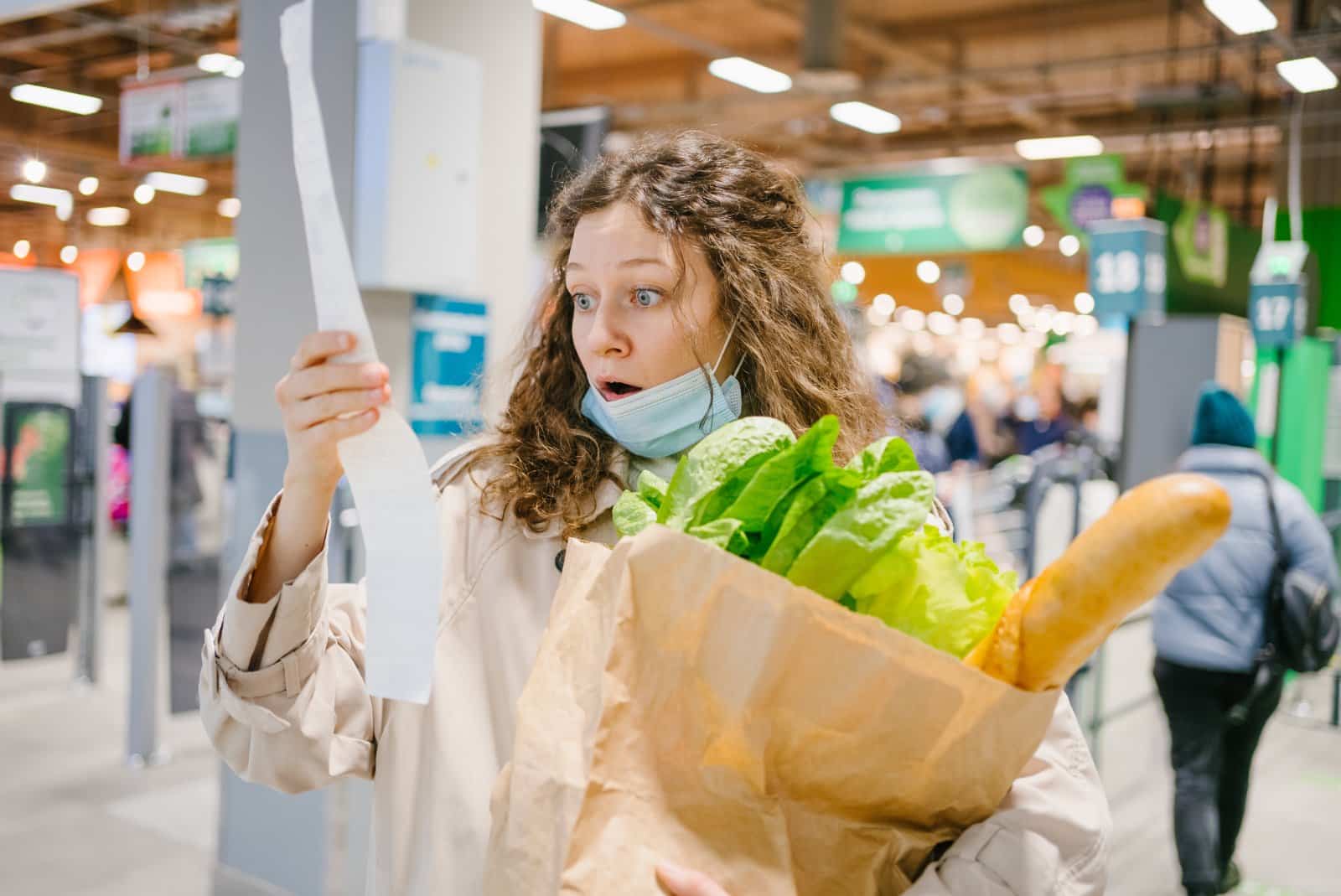
However, calculations allegedly show that multiplying the product’s weight by the advertised price per pound does not match the “You Pay!” price. So as a result, customers end up being charged a higher amount at the register than what was advertised on the yellow sticker.
Denials and Settlement Agreement
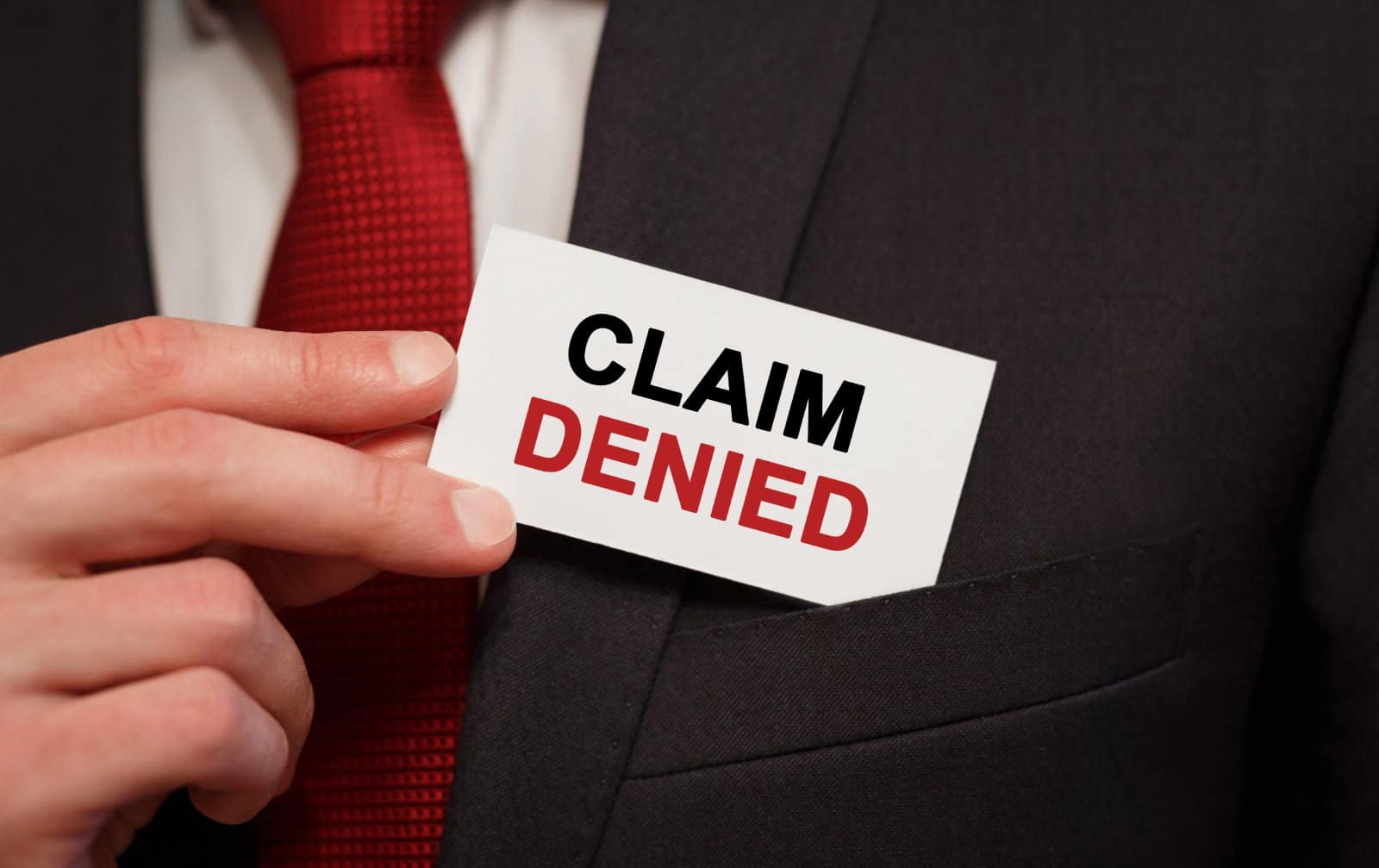
Walmart has denied all these allegations, however, they agreed to pay the $45 million settlement to customers.
Walmart’s Response

In an interview with CNN a spokesperson said, “We will continue providing our customers everyday low prices to help them save money on the products they want and need. We still deny the allegations, however we believe a settlement is in the best interest of both parties.”
What It Means for Customers

So, if you’re one of the many who bought bagged or weighted goods from Walmart, as long as you purchased goods in a Walmart store, Supercenter, or neighborhood market in the U.S. or Puerto Rico, you can apply for a cash payout.
Filing a Claim

Here’s a quick rundown:
(i) If you don’t have receipts or proof of purchase, you can get $10 if you attest to buying up to 50 weighted goods or bagged citrus in person.
What You Could Receive

(ii) For purchases of 51 to 75 weighted goods or bagged citrus at Walmart during the Settlement Class Period without receipts, you can get $15.
(iii) If you bought 76 to 100 weighted goods or bagged citrus at Walmart during the Settlement Class Period without receipts, you can get $20.
No Receipt? No Problem
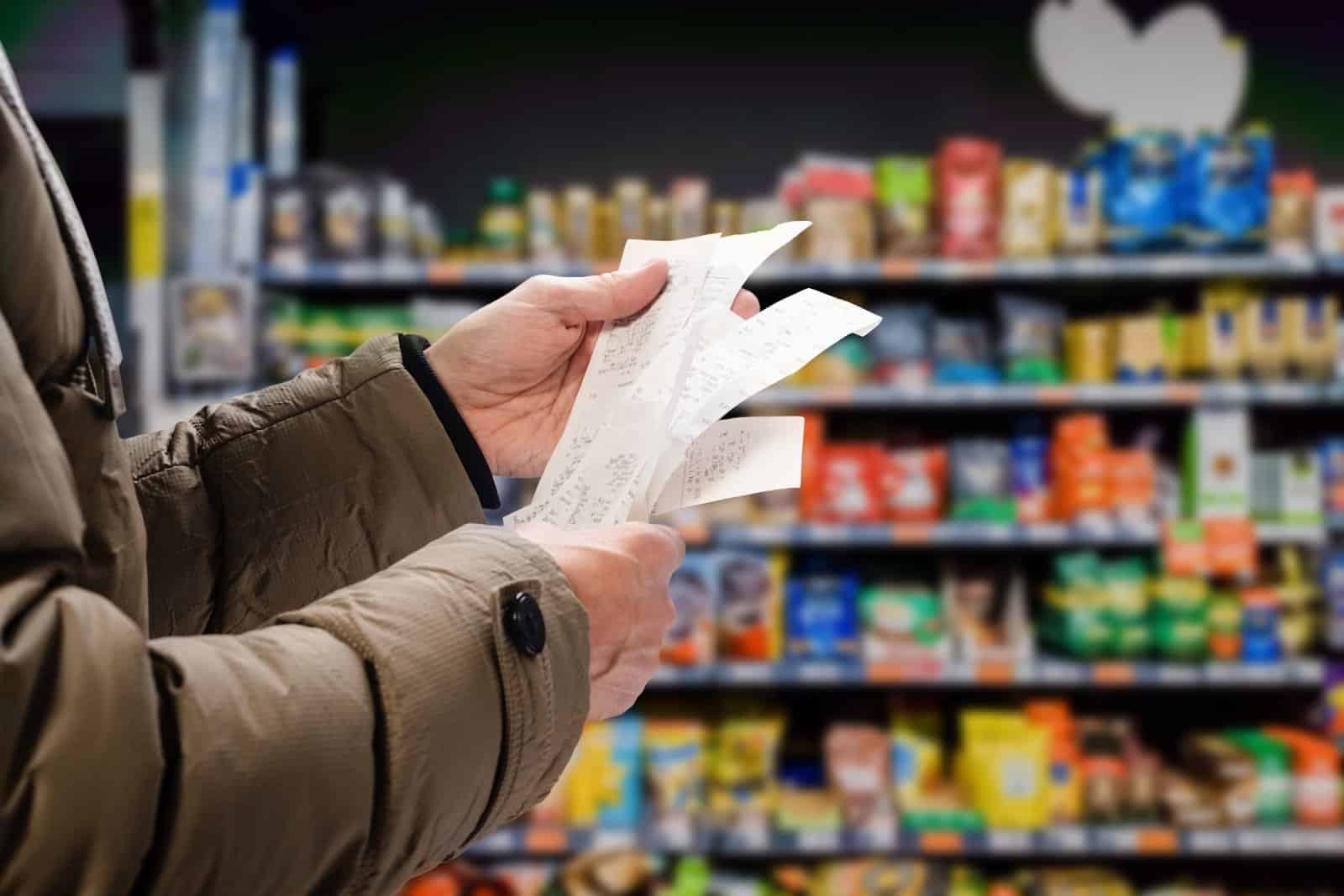
(iv) Purchases of 101 or more weighted goods or bagged citrus at Walmart during the Settlement Class Period without receipts qualify for $25.
Proof of Purchase

(v) If you have receipts or proof of purchase for your Walmart purchases during the Settlement Class Period, you can receive 2% of the total cost of those purchases, up to $500. You may be able to get copies of your receipts from Walmart’s website if needed.
How to Submit Your Claim
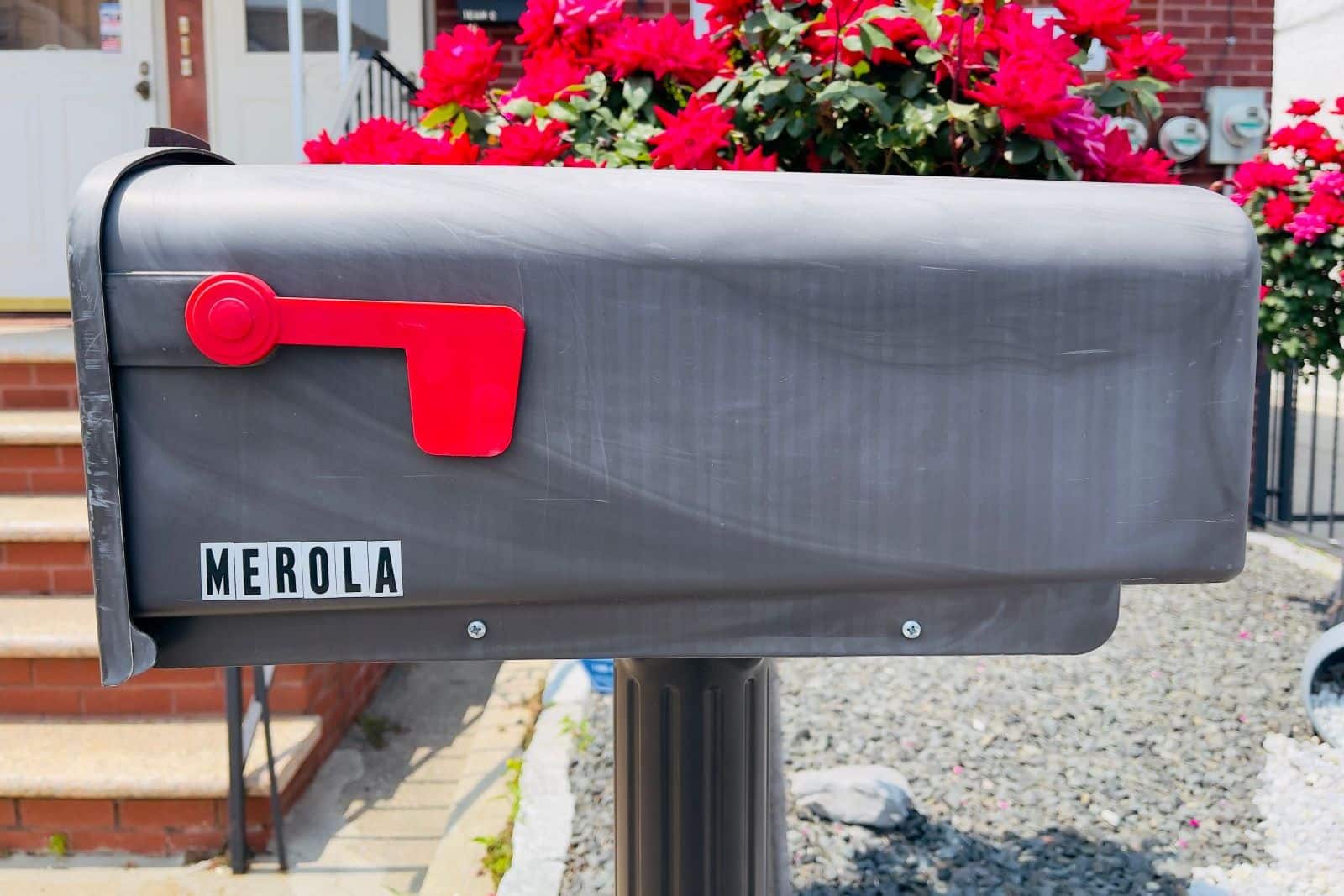
Claims must be filed by June 5th, either online or via mail.
21 States Where Squatters Can Legally Claim Your Property
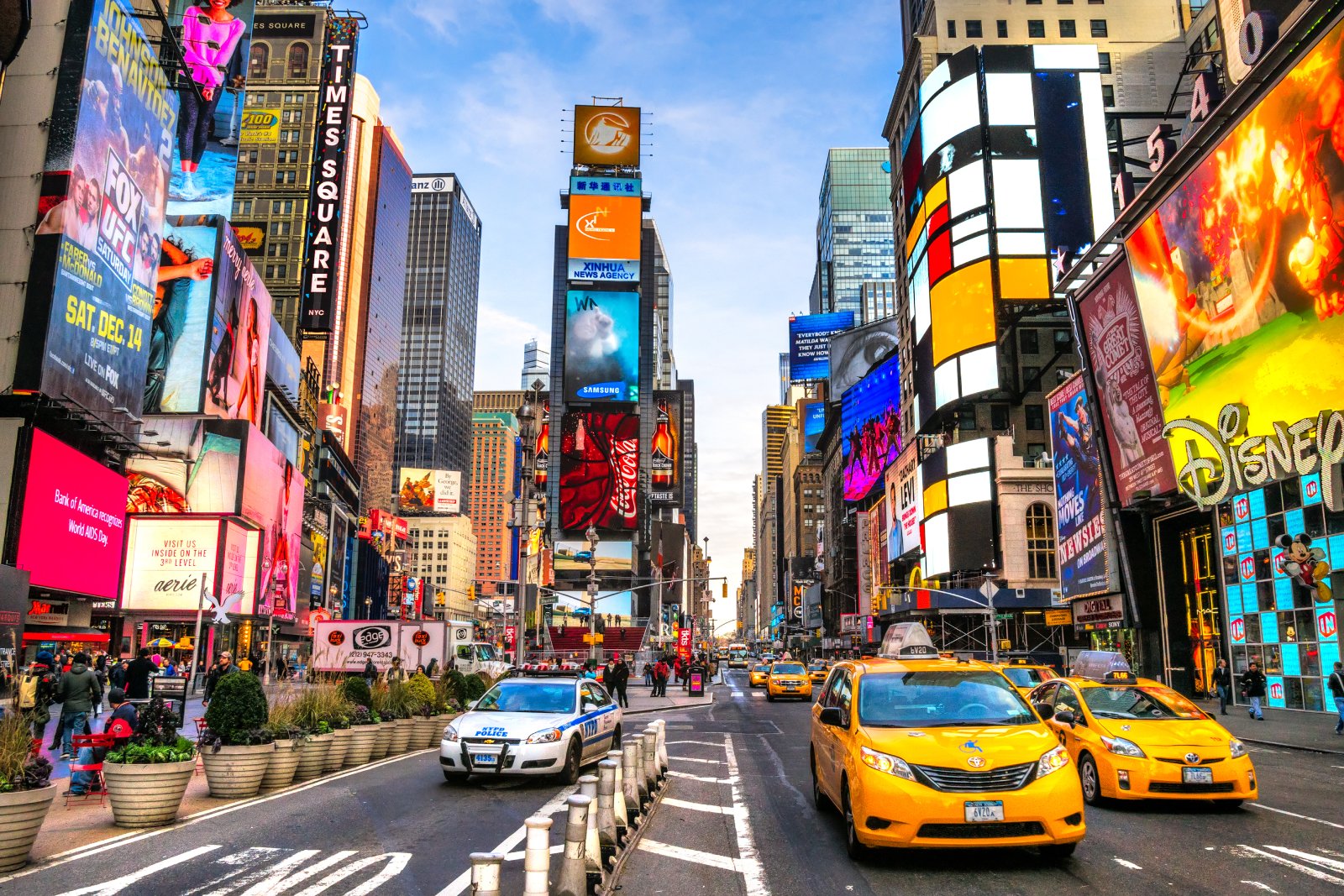
Discover how squatters’ rights, or adverse possession, are more than just legal jargon—they’re stories of unexpected twists in the world of real estate. From sunny California to the historical landscapes of Pennsylvania, here’s how these laws could turn the tables on homeowners and squatters alike. 21 States Where Squatters Can Legally Claim Your Property
14 Things That Are Banned in the U.S. but Totally Fine Elsewhere

Ever feel like America’s rulebook was written by someone with a dartboard? Across the pond or down under, things get even wackier. Let’s take a walk on the wild side of global “Do’s” that are definite “Don’ts” in the Land of the Free. 14 Things That Are Banned in the U.S. but Totally Fine Elsewhere
25 American States Nobody Wants to Visit Anymore

Across the United States, some states capture the hearts and itineraries of many, while others remain quietly on the sidelines, overshadowed or misunderstood. These 25 states, facing what you might call a popularity crisis, are brimming with hidden wonders, cultural riches, and natural beauty, awaiting those willing to look beyond the usual tourist trails. 25 American States Nobody Wants to Visit Anymore
20 Foods That Are Cheaper to Eat Out Than Making at Home

In a world where convenience often wins, certain culinary delights come with a lower price tag when enjoyed at a restaurant rather than crafted in your own kitchen. Here are twenty foods that might save you both time and money when indulged in at your favorite eatery. 20 Foods That Are Cheaper to Eat out Than Making at Home
17 Things You’re Paying For, but You Don’t Have To

In the land of the free, there’s a price tag on everything, but savvy Americans know better than to open their wallets for just anything. Here are 17 expenses you’ve been shelling out for without realizing there’s a cheaper or even free alternative. 17 Things You’re Paying For, but You Don’t Have To
The post See If You Qualify: Walmart Might Owe You $500 first appeared on From Frugal to Free.
Featured Image Credit: Shutterstock / Ken Wolter.
The content of this article is for informational purposes only and does not constitute or replace professional financial advice.
